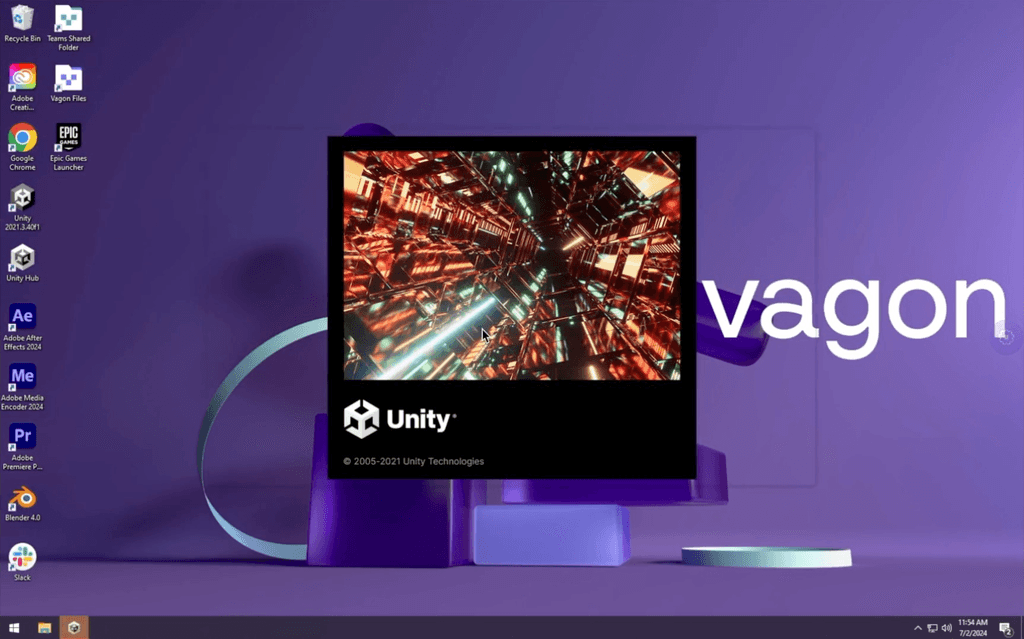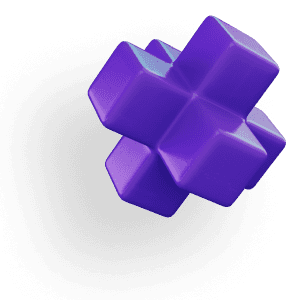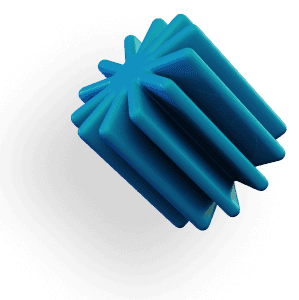HOW TO USE GPU
Adobe Photoshop (v.2020 and newer)
Adobe Photoshop relies on GPU acceleration for several key tasks like Neural Filters, Blur Gallery, and Smart Sharpen. Enabling GPU acceleration can dramatically improve performance for these features, particularly when working with large files or using complex effects.
How to Enable GPU Acceleration in Photoshop
Launch Photoshop
Open Photoshop from the default location:C:\Program Files\Adobe\Adobe Photoshop 20##\Photoshop.exeEnable GPU Performance

Go to Edit > Preferences > Performance.
Ensure Use Graphics Processor is checked. This setting allows Photoshop to use your GPU for smoother performance, especially during zooming, panning, and rendering complex effects.
Advanced GPU Settings

Click Advanced Settings under the Graphics Processor Settings.
Check the following options:
Use Graphics Processor to Accelerate Computation (for faster image processing).
Use OpenCL (necessary for GPU-accelerated filters like Blur Gallery and Smart Sharpen).
Anti-Alias Guides and Paths (improves the appearance of lines and shapes).
By following these steps, you ensure Photoshop leverages your GPU effectively, which speeds up various tasks and enhances performance when handling large files.
Top Tips to Speed Up Photoshop
Update Your GPU Drivers
Ensure that your NVIDIA or AMD drivers are always up-to-date. Photoshop benefits from the latest drivers, particularly for OpenCL-based effects and GPU-accelerated features like Neural Filters.Allocate More RAM
Go to Preferences > Performance and allocate 70-85% of your total RAM to Photoshop. Avoid setting this too high, as your system needs RAM for other processes. This adjustment helps improve speed when handling large files.Use an SSD for Scratch Disk
Set a fast SSD as your scratch disk under Preferences > Scratch Disks. Scratch disks store temporary files during editing, so faster read/write speeds can significantly enhance performance.Reduce History States
Lower the number of History States to improve responsiveness. History States store past edits, so reducing them frees up memory for other tasks.Optimize Cache Levels
For smoother performance, set Cache Levels to 4 under Preferences > Performance. This is especially important for working with larger files that require high-resolution previews.
Adobe Photoshop System Requirements
Minimum Requirements:
Operating System:
Windows: Windows 10 (64-bit) version 22H2 or later; Windows 11 (version 21H2, 22H2, 23H2, 24H2).
macOS: macOS 12 (Monterey), macOS 13 (Ventura), macOS 14 (Sonoma).
Processor:
Windows: Multicore Intel® or AMD processor with 64-bit support.
macOS: Multicore Intel® or Apple Silicon processor.
RAM: 8 GB.
Graphics Card:
Windows: GPU with DirectX 12 support and 1.5 GB of GPU memory.
macOS: GPU with Metal support and 1.5 GB of GPU memory.
Monitor Resolution: 1280 x 800 at 100% scaling, or 1920 x 1080 at 150% scaling.
Hard Disk Space: 10 GB of available space for installation.
Internet: Internet connection and registration are necessary for required software activation, validation of subscriptions, and access to online services.
Recommended Specifications:
RAM: 16 GB or more.
Graphics Card:
Windows: GPU with DirectX 12 support and 4 GB of GPU memory for 4K displays and greater.
macOS: GPU with Metal support and 4 GB of GPU memory for 4K displays and greater.
Monitor Resolution: 1920 x 1080 display or higher.
Hard Disk Space: 100 GB of available space; fast internal SSD for app installation; separate internal drive for scratch disks.
Meeting these specifications will help you get the most out of Adobe Photoshop, ensuring efficient workflows and high-quality outputs. Keep in mind that more complex projects, especially those involving high-resolution images or extensive editing, will benefit from higher-end hardware configurations.
Top Recommended GPUs for Photoshop

NVIDIA RTX 3060 Ti
A highly efficient GPU for Photoshop, the RTX 3060 Ti offers excellent performance for GPU-accelerated effects like Smart Sharpen and Blur Gallery.NVIDIA RTX 4070 Ti
Known for its great balance of price and power, the RTX 4070 Ti provides solid performance for heavy Photoshop workflows, especially when using multiple high-resolution displays.NVIDIA RTX 4090
If you're working on intensive projects that involve Neural Filters or other resource-heavy effects, the RTX 4090 is the most powerful option available, although it's overkill for most standard Photoshop tasks.
By using a compatible GPU and following these optimization tips, you can significantly improve Photoshop’s performance, reducing lag and speeding up your workflow.
Enjoy Faster Renderings and Workflow with Vagon
When the goal is to cut down rendering times and speeding up your workflow, every second saved is a victory. But what if you could do more than just save a few seconds?
With Vagon’s cloud PCs powered by 48 cores, 4 x 24GB RTX-enabled NVIDIA GPUs and 192GB of RAM, work on your Adobe Photoshop projects faster than ever. It’s easy to use, right in your browser. You can transfer your workspace and files in just a few clicks and try it yourself!





